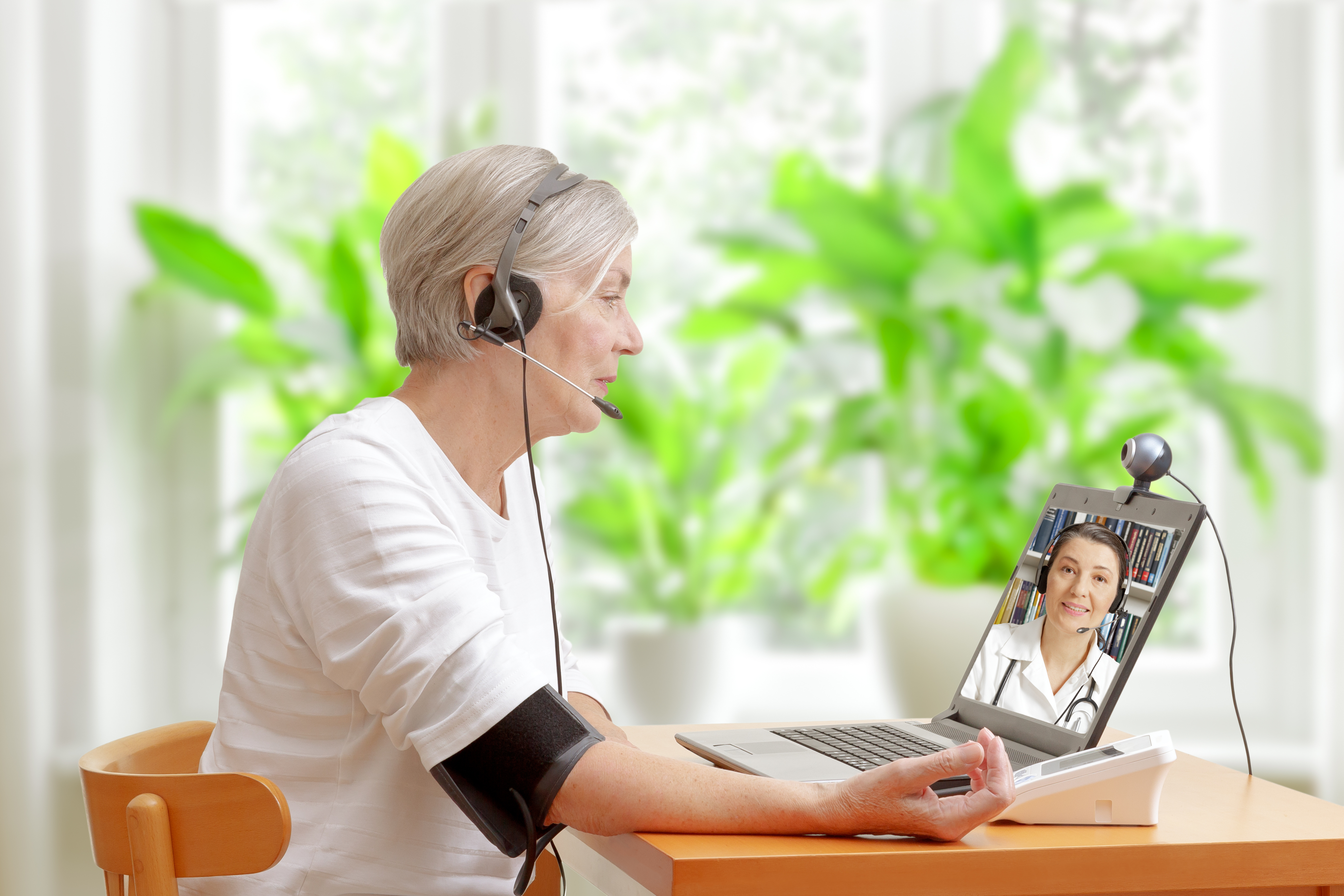The home and health care industry is one of the slowest to adopt new technology. Even technology that can streamline patient care and improve the efficiency of managing an agency has been slow to gain traction in this industry. The upfront cost of implementing new technology is high, and it comes with its own risks. For example, home and health care providers may be reluctant to fit the bill for new hardware if the older software isn’t compatible with it. Alternatively, agencies might worry that the steep learning curve of new software could be too much for their care workers.
The reality though is that a lot of technology that could be used to revolutionize the home and health care industry is much more ubiquitous than agency owners might realize. A survey conducted by the AARP in 2020 found that smartphone ownership was as high as 62 percent among seniors aged 70 and older. If it’s their older staff that agencies are concerned about, they needn’t worry.
Advances in technology can help to streamline the day-to-day running of home care agencies. This helps care workers get back to the important work of caring for the sick and elderly. These are just three different pieces of technology currently making a positive impact on home care agencies countrywide.
1: Tele-monitoring
Tele-monitoring sounds fancy and futuristic but all it does is take the older technology we use to monitor patients and make it remotely operable. Through the use of remote patient monitoring devices (RPMs), we can track a patient’s physical exercise, heart rate, blood pressure and other vitals from a distance. This can reduce the need for at home visits which helps to free up home care workers and foster a sense of independence in their patients.
2: E-Learning
Keeping caregivers in compliance is difficult, and the regulations affecting training standards change from state to state. Furthermore, traditional training practices are costly, time consuming and inefficient. The tendency of agencies to squeeze training into one or two sessions often causes information overload. Formal caregivers were forced to adopt e-learning to accommodate social distancing measures after the world went into lockdown.
“The pandemic placed extreme stress on healthcare systems around the world. If e-learning wasn’t important already, now it has become mission critical for any healthcare organization,” says James Cohen, CEO of e-learning company, Nevvon.
Before he co-founded Nevvon, Cohen was the co-founder of a homecare agency spanning across the United States and Canada. It was here that he learned of the many problems endemic to the industry. He saw e-learning as a potential solution to those problems.
The WHO agrees with him. In fact, the World Health Organization has been recommending e-learning for the global healthcare sector since 2013. The benefit is that caregivers can complete their training at their own pace, on their own time, using nothing more than a mobile phone.
3: Payroll Software
Payroll management is an intensive part of any business. HR departments have a lot of responsibilities already, and doing the numbers in-house can take time away from agency workers that they could use to support their clients. This is why many agencies work with external payroll services. These third party groups take on the burden of managing payroll on behalf of the agency. However, with this model, payroll mistakes take much longer to resolve than they do when agencies manage their own payroll.
Payroll software, however, allows agencies to manage their own payroll. It also allows employees to self-serve. This means care workers can print off their own pay stubs and other financial documents, saving HR departments from having to process information requests. Payroll software has also helped to keep agencies in compliance with state wage regulations. Payroll software is a simple technological innovation that has helped many home and healthcare agencies run more efficiently while their care workers provide their clients with the support they need.
Nevvon is an all-in-one e-training solution trusted to help home care agencies achieve regulatory compliance while saving time and money, and empowering caregivers with the knowledge and confidence they need to make their patients’ lives better. Click here to set up a demo today!

